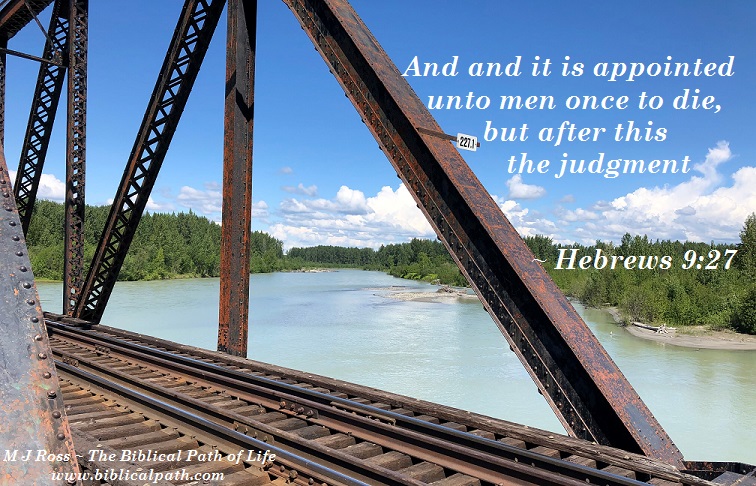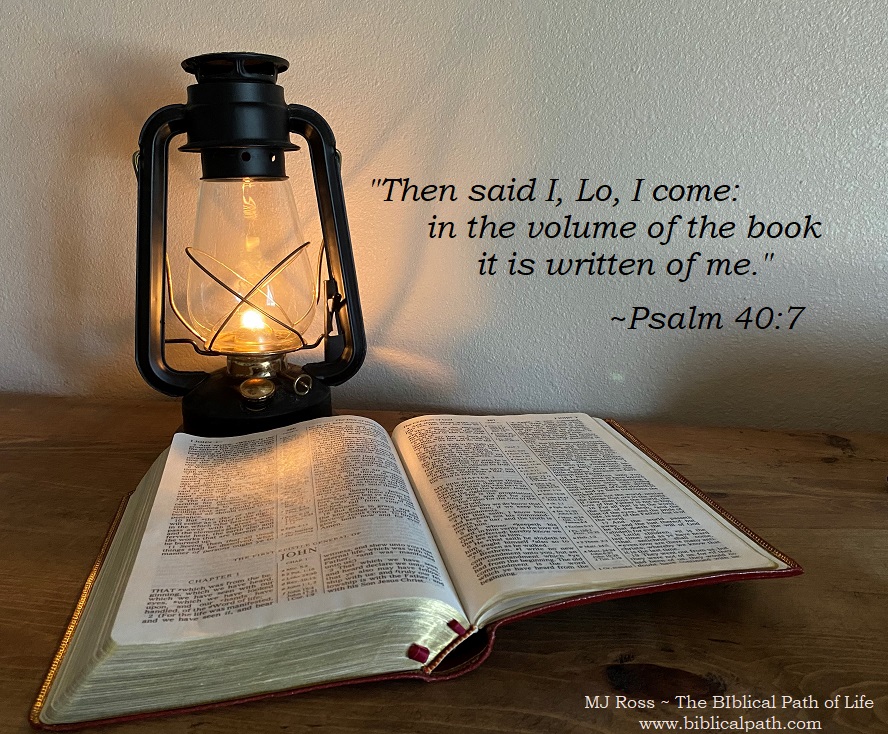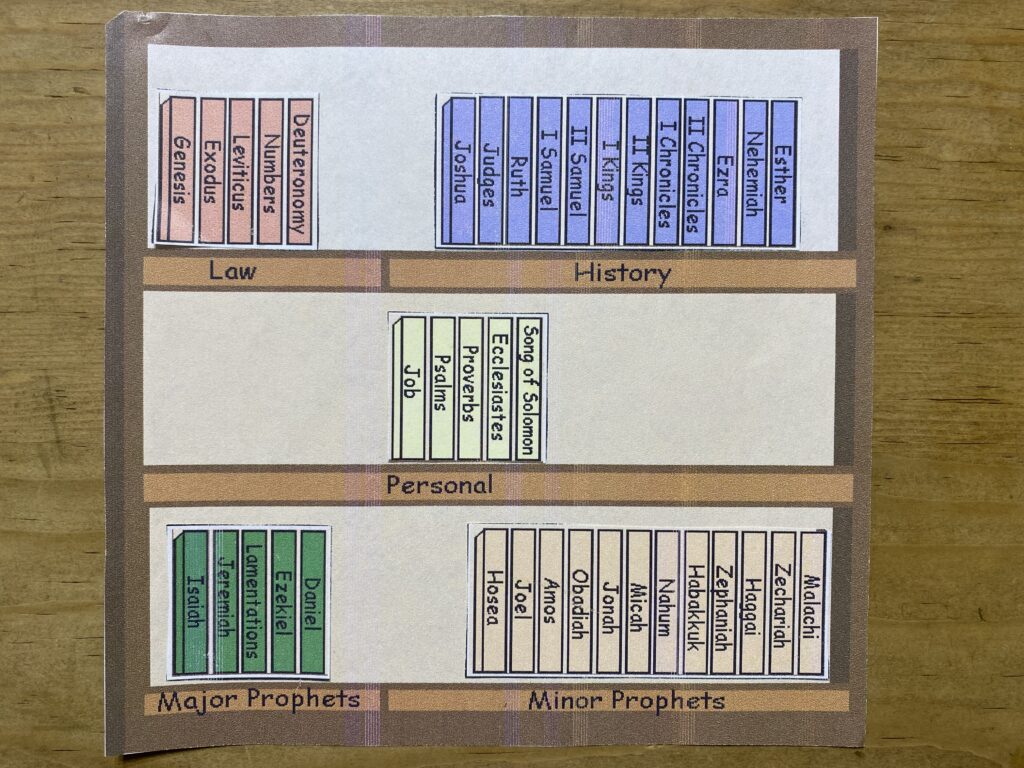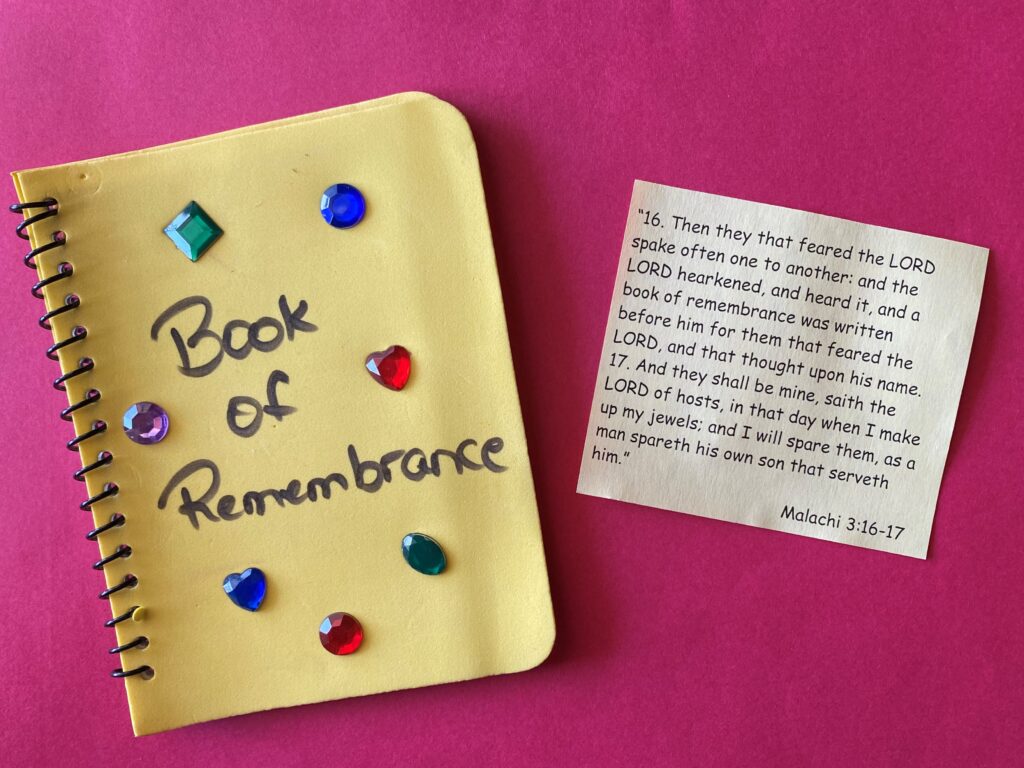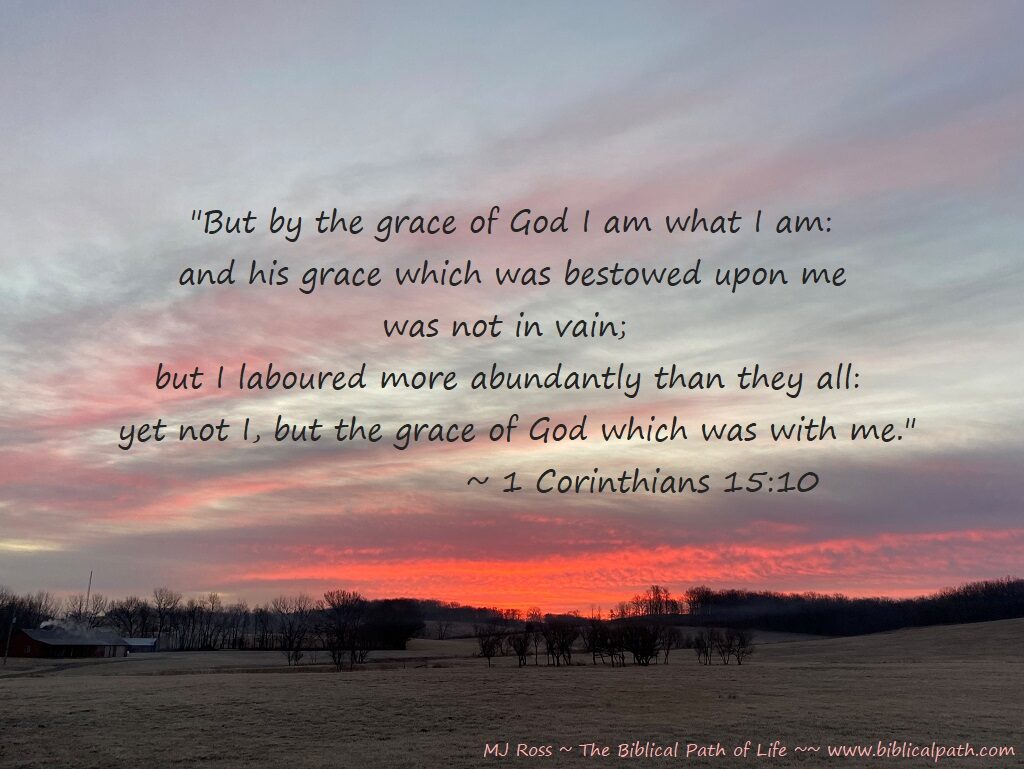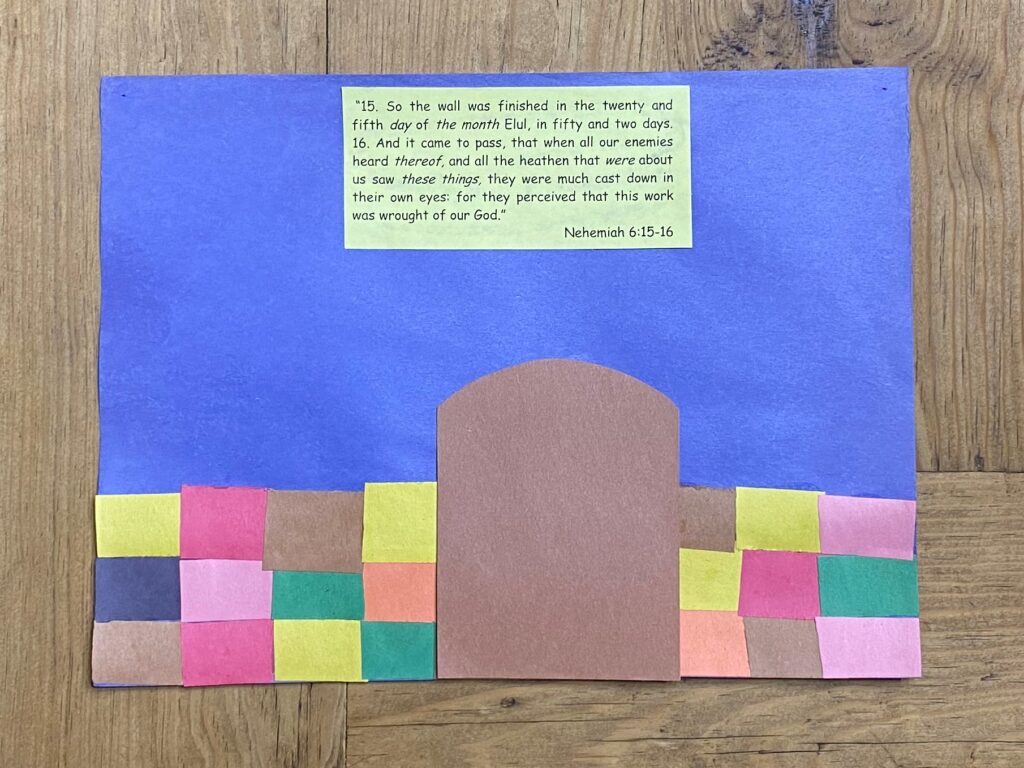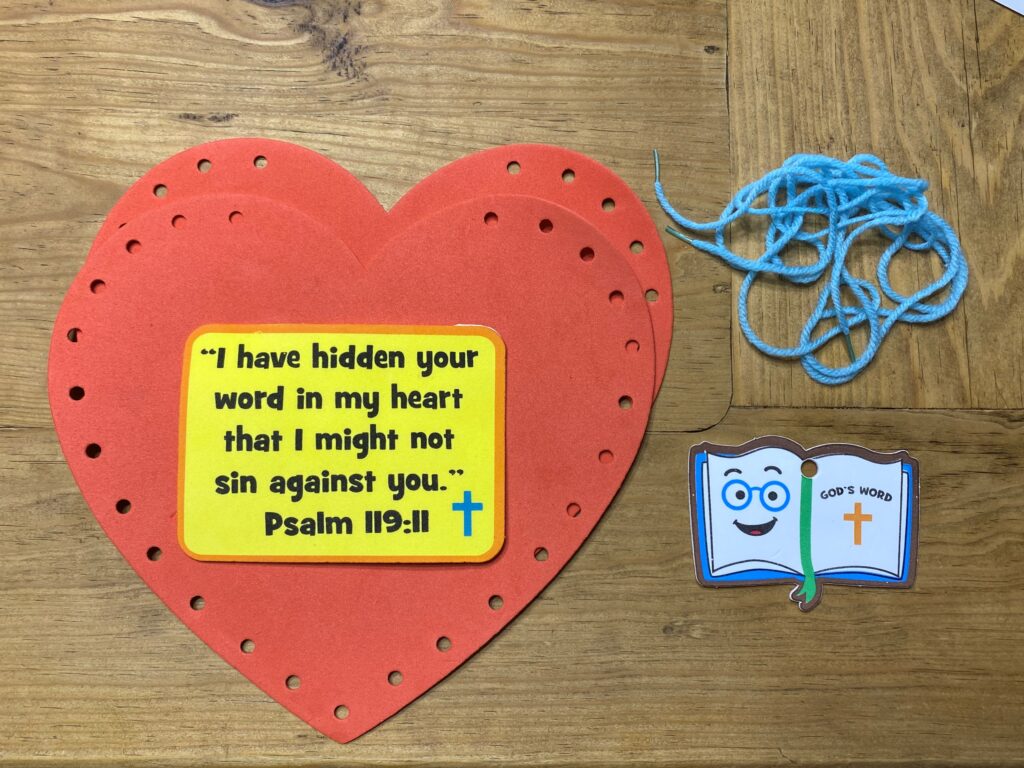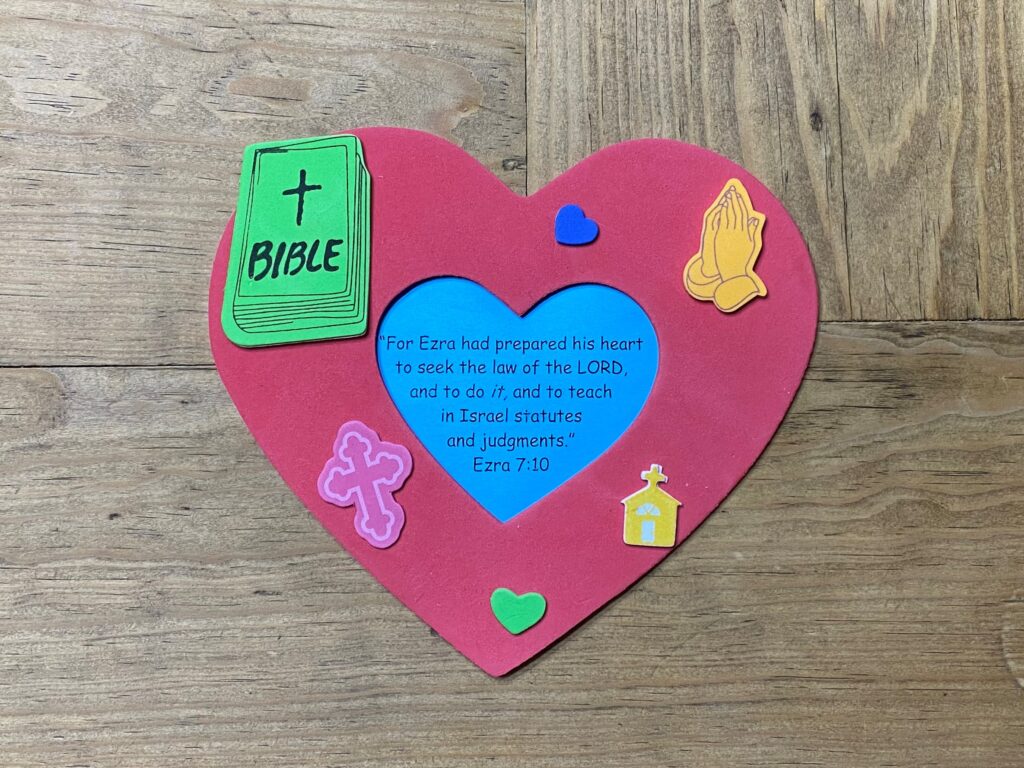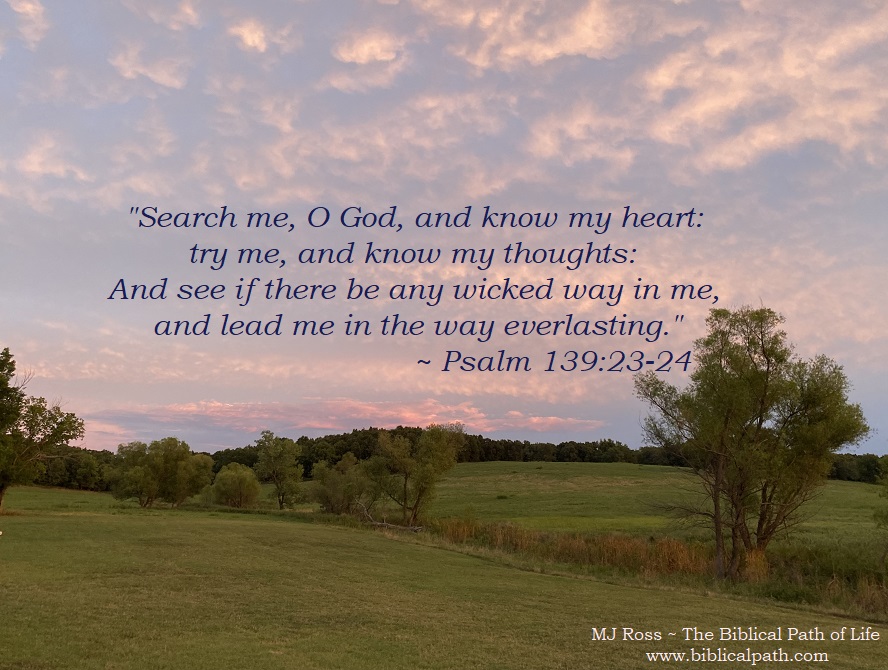
“23. Search me, O God, and know my heart: try me, and know my thoughts: 24. And see if there be any wicked way in me, and lead me in the way everlasting.”
Psalm 139:23-24
The following is an excerpt from “The Biblical Path of Life – Year Two, Quarter Two” Lesson 4:
“As David was addressing the people before Solomon became king, notice that he was able to proclaim that he had lived a life that was pleasing to God. As we have learned, David was not perfect, but when he sinned, he repented and God forgave. Because of that, he was in a position to be an encourager to all of Israel to seek God and obey His commands. We can read of many throughout the Bible who lived a life to the end that was pleasing to God. Read what Paul wrote to Timothy. ‘I have fought a good fight, I have finished my course, I have kept the faith‘ (2 Timothy 4:7). Just as David’s words were an encouragement to all of Israel as he addressed them, Paul’s words were an encouragement to a young preacher named Timothy. Our goal as Christians is to be able to make the same claim: to fight a good fight, to finish the course God has for our life, and to keep the faith until the end. By living a life pleasing to God, from beginning to end, we can be an encouragement to others that they, too, can live a life pleasing to God…
“David understood that God saw the intent of man’s heart. See what David recorded that can be an encouragement to us today: ‘23. Search me, O God, and know my heart: try me, and know my thoughts: 24. And see if there be any wicked way in me, and lead me in the way everlasting‘ (Psalm 139:23-24) and’Shall not God search this out? for he knoweth the secrets of the heart‘ (Psalm 44:21). Also see what Jeremiah recorded about God knowing man’s heart: ‘I the LORD search the heart, I try the reins, even to give every man according to his ways, and according to the fruit of his doings‘ (Jeremiah 17:10).”
After reading this excerpt, understand the following:
Remember that God knows man’s heart. Christians are not perfect, however we have instructions in the New Testament helping us understand how we reveal what is in our heart by living as a Christian: “22. That ye put off concerning the former conversation the old man, which is corrupt according to the deceitful lusts; 23. And be renewed in the spirit of your mind; 24. And that ye put on the new man, which after God is created in righteousness and true holiness. 25. Wherefore putting away lying, speak every man truth with his neighbour: for we are members one of another. 26. Be ye angry, and sin not: let not the sun go down upon your wrath: 27. Neither give place to the devil. 28. Let him that stole steal no more: but rather let him labour, working with his hands the thing which is good, that he may have to give to him that needeth. 29. Let no corrupt communication proceed out of your mouth, but that which is good to the use of edifying, that it may minister grace unto the hearers. 30. And grieve not the holy Spirit of God, whereby ye are sealed unto the day of redemption. 31. Let all bitterness, and wrath, and anger, and clamour, and evil speaking, be put away from you, with all malice: 32. And be ye kind one to another, tenderhearted, forgiving one another, even as God for Christ’s sake hath forgiven you” (Ephesians 4:22–32).
Christians are not to live like the world. “17. This I say therefore, and testify in the Lord, that ye henceforth walk not as other Gentiles walk, in the vanity of their mind, 18. Having the understanding darkened, being alienated from the life of God through the ignorance that is in them, because of the blindness of their heart: 19. Who being past feeling have given themselves over unto lasciviousness, to work all uncleanness with greediness” (Ephesians 4:17–19).
Stop and think about these verses. Be encouraged to compare your own life to these verses and see what kind of a life you live in comparison to God’s Word, and the kind of witness your life is to others.
Read the warning Jesus gave to those who claimed to be righteous apart from Christ. “Woe unto you, scribes and Pharisees, hypocrites! for ye are like unto whited sepulchres, which indeed appear beautiful outward, but are within full of dead men’s bones, and of all uncleanness” (Matthew 23:27). Jesus knew their heart. He understood that they lived a life on the outside that appeared to believe, yet Jesus knew what was in their heart, “all uncleanness”. They could not hide from Jesus what was within their hearts. Jesus knew.
After reading these verses, consider the following: Knowing that Jesus knows the heart, look into your heart and see if this verse is a picture of your life. “They profess that they know God; but in works they deny him, being abominable, and disobedient, and unto every good work reprobate” (Titus 1:16). This is a picture of a life that does not have Jesus in the heart (a Christian). If you do not really know Jesus, today is the day to meet Him. “9. That if thou shalt confess with thy mouth the Lord Jesus, and shalt believe in thine heart that God hath raised him from the dead, thou shalt be saved. 10. For with the heart man believeth unto righteousness; and with the mouth confession is made unto salvation” (Romans 10:9-10).
Do you live a good life, yet with a heart that has not truly believed in Jesus?
Knowing Jesus sees the heart, have you believed and confessed unto salvation only through Jesus?
If you want to know how to be saved, click here: How to be saved.
